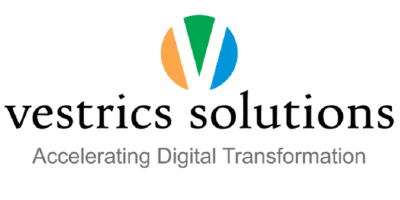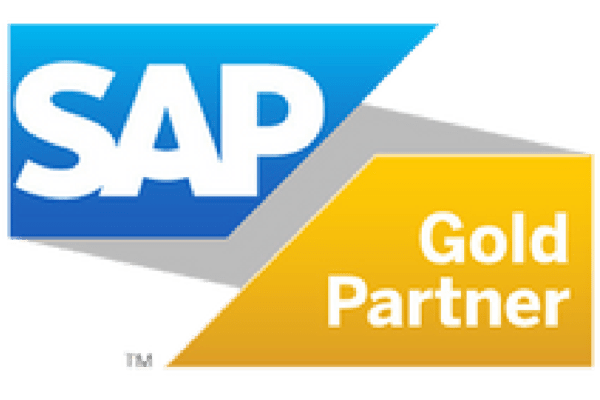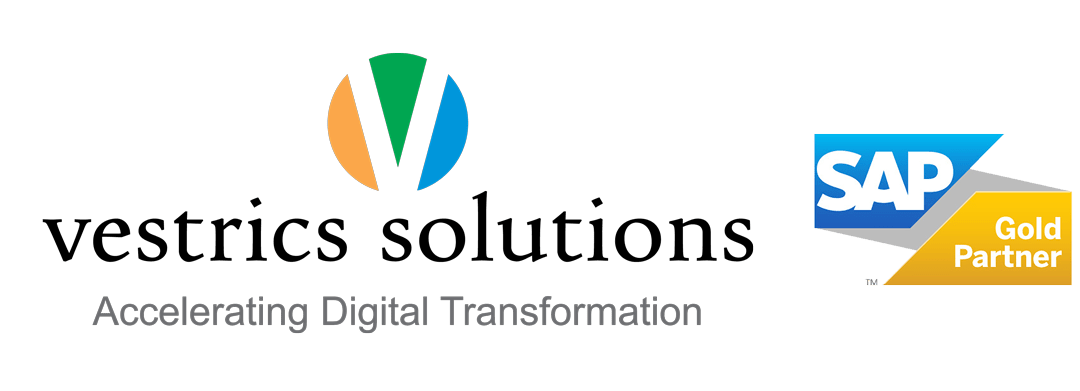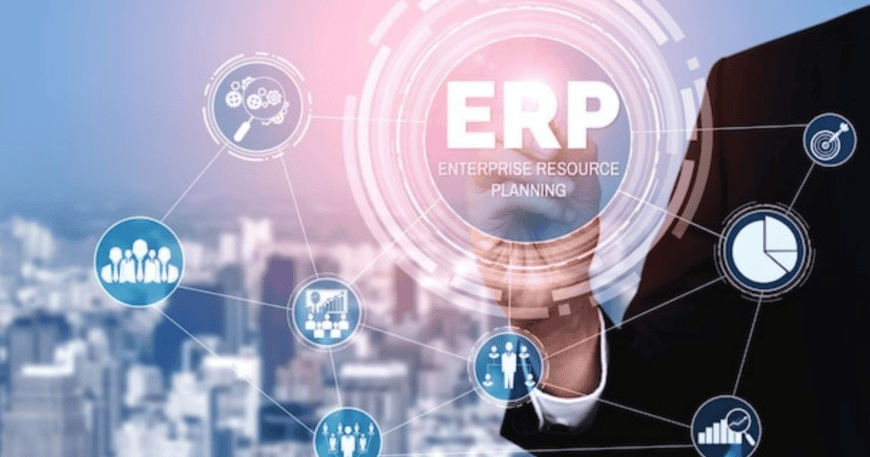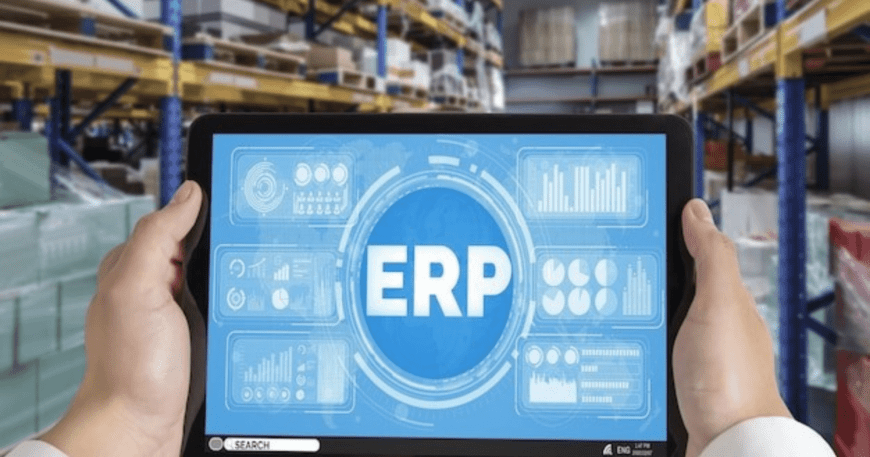Modules of SAP S/4HANA Cloud – Explained
SAP S/4HANA is an ERP solution SAP S/4HANA Public Cloud is a complete ERP solution managed by SAP. With intelligent automation and integrated technologies like AI, Machine Learning, and Business Analytics, the ERP system SAP S/4HANA Cloud optimizes business processes. Transparency, accessibility, adaptability, data accuracy, and efficiency are all enhanced as a result. Additionally, SAP S/4HANA Cloud updates are automatically deployed by default, giving you access to cutting-edge technologies that keep you ahead of the competition. In this post, we bring you the most common modules of SAP S/4HANA Cloud: SAP S/4HANA Finance Financial SAP S/4 HANA is focused on streamlining the finance and business transactions into one database. The SAP S/4HANA Finance Line of Business focuses on a company’s entire financial operations. Controlling, treasury and risk management, financial planning, financial close, and consolidation are all examples of this module. It helps in maintaining transparency in the finance function by enabling one to understand the areas of strength and where it is possible to optimize the costs as the accuracy of the information is maintained. It is a helpful tool to consolidate the data and can be readily adopted by organizations to have the data in one place. SAP S/4HANA Sales and Distribution SAP S/4 HANA Sales & Distribution module effectively interacts with the clients directly. This module performs various organizational tasks like requesting a quote, creating proposals and quotes, and modifying invoices, thus, being very helpful to the sales and distribution function to smoothly interact with the clients. Additionally, the module facilitates streamlining logistics, including maintenance of feedback, bills, and credit management. SAP S/4HANA Human Resources SAP S/4HANA Human Resources includes core HR and payroll, time & attendance management, and employee self-service to HR data. When migrating from ECC, many SAP customers opt to continue using the company’s on-premises Human Capital Management (HCM) module integrated with S/4HANA as a stand-alone application. Customers who favour a local cloud-based HR application can choose to incorporate SAP SuccessFactors with S/4HANA SAP S/4HANA Asset Management The SAP S/4HANA Asset Management module concentrates on the upkeep of a company’s fixed assets, which can range from tools and machinery to buildings. This includes monitoring EHS and plant maintenance. A few distinct tasks can be completed with the help of this Line of Business’s functionality. First, it makes maintenance easier to do by using real-time data to help a plant foreman quickly figure out what’s wrong. Additionally, it aids in monitoring essential safety data like incident rates and OSHA requirements. Last but not least, scheduling scheduled maintenance and inspections can help cut down on downtime. SAP S/4HANA Plant Maintenance SAP S/4 HANA plant maintenance module provides organizations that have manufacturing facilities the ability to have control over aspects involved in the industrial environment. The manufacturing side employees can efficiently plan for plant maintenance, oversee breakdowns and take preventive measures by the use of this unified system. Simultaneously the stakeholders also have a view of the whole process through this unified system. Thus, this module ensures that production always goes uninterrupted. SAP S/4HANA Manufacturing and Production Planning SAP S/4hana includes anything to do with turning raw materials into finished goods. This includes engineering planning; planning of production; control of the bill of materials; execution of manufacturing for the discrete and process industries; outsourced manufacturing outsourced; quality and inspection; maintenance and repair; and scheduling and planning maintenance operations. THE SAP S/4 HANA production planning module is a helpful tool for administering the day-to-day operations, planning sales and marketing activities, manage inventory and resources effectively. Thus, the stakeholders get a clear view of investments, potential risks, and how the resources are being used. This information can further be utilized to align with the overall business objectives and business planning. SAP S/4HANA Controlling SAP S/4 HANA Controlling module is helpful for the decision-makers in enabling smooth business operations and critical decisions. A module explicitly helps the business, which has strict requirements. The module takes care of expenses and investments and manages costs. The module is a centralized system, giving a focal point helping the key stakeholders in the organization to make crucial decisions impacting the business profits. SAP S/4HANA Financial Supply Chain Management SAP S/4 HANA financial supply chain management is yet another vital module for any organization. This module deals with credit management and makes it easy for an organization to manage its financial requirements. The module helps in determining liquidity, anticipating risks that come along with investment, and collecting cash. From a future perspective, this module can also help in managing disputes as it acts as a platform to monitor collections during a certain period of time. SAP S/4HANA Quality Management SAP S/4 HANA quality management module helps in carrying out business operations with effective products of the highest quality. A streamlined approach is ensured by this module. Right from sales to production to planning, a unified approach is taken to ensure quality at all stages. Quality checks are consistently performed, which later on simplifies audit management. The highest possible quality is guaranteed regardless of the number of products shipped during a specific period. SAP S/4HANA Project Systems The SAP S/4 HANA Project Systems module helps in effectively planning a project and assists a group or the entire organization. It follows a methodical approach to planning, estimation, tracking, and report generation. Project costs are effectively prepared, and other resources to successfully carry out a project are available when the module is put to use wholly and correctly. SAP S/4HANA Procurement Management This SAP S/4 HANA module is all about materials management that includes purchasing, inventory management, evaluating lists, keeping track of quality, rating them, and invoice verification; all the processes that are crucial in the materials management domain. A record of statutory requirements can also be maintained using this module. Conclusion To reposition your company for the digital age, you need an intelligent next-generation Cloud ERP business suite like S/4HANA Cloud. You will have the chance to combine company processes, convert real-time data into actions, and greatly
